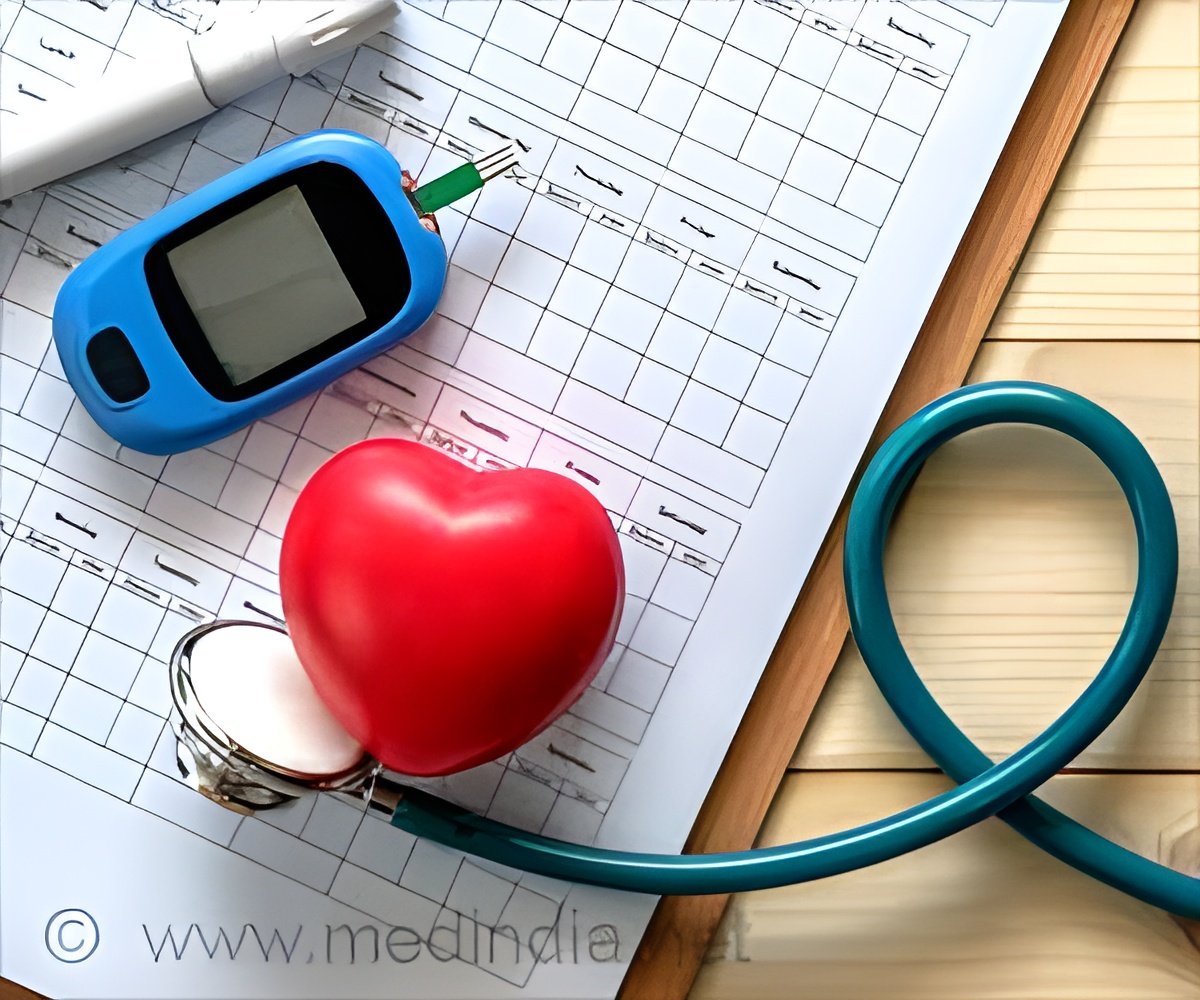Japanese-American adults are doubly at risk of developing diabetes. Therefore, it is important that family doctors and health-care professionals need to regularly screen their Japanese-American patients for diabetes, even if they are not overweight and they have no known risk factors for diabetes.

‘Japanese-American adults are doubly at risk of developing diabetes. Therefore, it is important that family doctors and health-care professionals need to regularly screen their Japanese-American patients for diabetes, even if they are not overweight and they have no known risk factors for diabetes.’
Read More..




"In this study of non-obese adults, Japanese Americans had twice the odds of diabetes compared to non-Hispanic whites, and this difference remained even after adjustments were made for known risk factors of diabetes including age, sex, income, education and health behaviors," stated lead author Karen Kobayashi, Associate Dean Research and Graduate Studies in the Faculty of Social Sciences, professor in the Department of Sociology and a research affiliate at the Institute on Aging and Lifelong Health at the University of Victoria.Read More..
"Among non-obese Japanese Americans, younger respondents, never smokers and those with a post-secondary degree were less likely to have diabetes. Those born abroad had a comparable prevalence of diabetes to Japanese-Americans born in the United States. In contrast to our expectations, gender, poverty status and exercise were not associated with the prevalence of diabetes, once age was taken into account," reported co-author Keith Tsz-Kit Chan, assistant professor, School of Social Welfare, University at Albany, SUNY.
"Older age was a particularly strong risk factor for diabetes. One-quarter of non-obese Japanese Americans aged 80 and older had diabetes," reported co-author Adity Roy, a graduate of the University of Toronto.
"Although Japanese-Americans and white Americans with diabetes were equally likely to receive foot exams and hemoglobin A1C checks, both groups would benefit from targeted outreach because more than one-quarter of respondents had not received these treatments at an optimal frequency in the preceding year," stated co-author Mushira Mohsin Khan, a doctoral student in the Department of Sociology and a research affiliate at the Institute on Aging and Lifelong Health at the University of Victoria.
"Since two-thirds of Japanese-Americans with diabetes were not obese, it is clearly important that family doctors and other health-care professionals regularly screen their Japanese-American patients for diabetes, even if they are not overweight and they have no known risk factors for diabetes," said co-author professor Esme Fuller-Thomson, Sandra Rotman Endowed Chair at the University of Toronto's Factor-Inwentash Faculty of Social Work and Director of the Institute for Life Course & Aging.
Advertisement
Advertisement















